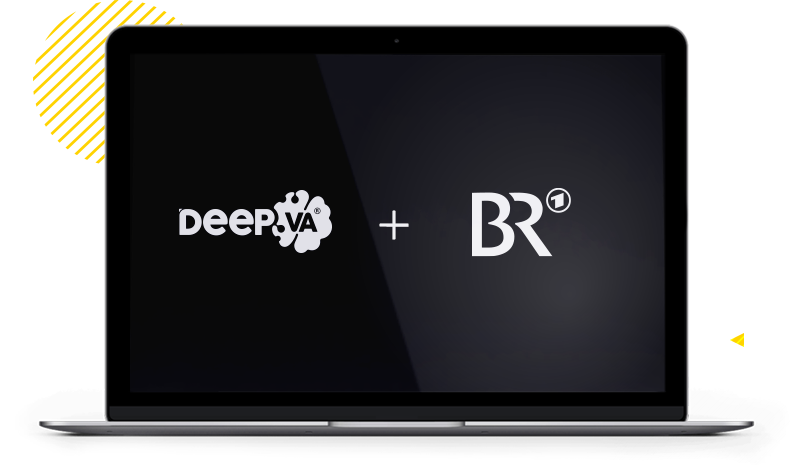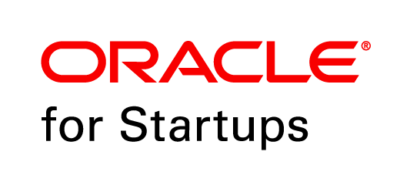CUSTOMER SUCCESS STORY / BAYERISCHER RUNDFUNK
Creation and management of training data

INDUSTRY
Public Broadcasting Service
PRODUCT
Structuration and indexation of archival collections and, as a result, optimization and acceleration of workflows.
Creating and managing training data for face recognition using AI requires a lot of time and resources.
DeepVA was able to automate this process and save 86% of costs while achieving 99.32% accuracy.
Since 1949, Bayerischer Rundfunk stands for responsible journalism providing qualitative content in the areas of entertainment, information, culture and education. Eight million people use the range of content of the public broadcaster daily either online, via TV or apps. BR has strong regional roots in Bavaria, and thus also offers local content that inspires and fascinates people. Bayerischer Rundfunk is the most important news provider in Bavaria and reports about all relevant events, current affairs and recent developments in programs like Rundschau or Abendschau.
Challenge: Manual training-data management is too expensive and takes too much time
The increasing demand and output of video material in the last few years made it necessary to use machine learning and deep learning algorithms to increase the efficiency of media management and production. Artificial intelligence is used, among other things, to enrich image and video material with metadata in the area of face recognition. The process of watching and manually labeling images or videos is no longer necessary. Such AI models can only perform well if associated training datasets are kept up-to-date and maintained frequently. However, pretrained AI models and externally supplied training material of typical providers of recognition services do not meet the requirements of a TV broadcaster like the BR, who predominantly includes local celebrities, historical material or German language in its supplied content. Generating adequate training data in-house requires human resources, is time-consuming and cost intensive.
For BR, the question arose if its own archived material of news broadcasts could be used to automate the creation of training data for facial recognition and thus creating a customized and constantly evolving training data set without exorbitantly high staff costs.
Solution: Face Dataset Creation by DeepVA
- an automated training data creation.
To meet this challenge, BR approached the Freiburg-based AI startup DeepVA, and together they were able to develop an automated solution for the creation of training data in the area of face recognition. With the help of the so-called Face Dataset Creation, video material already published by BR is analyzed with regard to name insertions. Names of personalities are usually displayed in news and interview scenes. As a rule, the angle, quality and other conditions are sufficient for sample images that can be used as training data for the AI.
Ultimately, the information from the name overlay is extracted along with the associated face and stored in a dataset, which can be used to train an AI model. This way, large training datasets can be created without manual effort, resulting in AI models that can better meet company-specific requirements and outperform out-of-the-box recognition services.
Result: Significant time savings with exceptional accuracy
As part of the cooperation between BR and DeepVA, 641 videos of news broadcasts were analyzed using Face Dataset Creation for test purposes in addition to already ongoing productive operation. An accuracy of 96.27% was achieved when reading out the name insertions. The time required for this automated training data creation was compared to the manual approach. If the same amount of data were provided manually (finding video segments where names are inserted; manually storing names; extracting the matching faces from the respective images; and storing all this information), it would take an employee 17 weeks based on a 40-hour work week. Automating this process with DeepVA resulted in a time investment of less than 4 days for overall 300 hours of video footage. This represents a time saving of 86%, which could even be increased with a more powerful server structure. The AI models that were trained based on this data achieved an accuracy of 99.32% in the recognition of personalities. The collaboration between Bayerischer Rundfunk and DeepVA shows that it is possible to automate the creation of company-specific training data for face recognition and delivers amazing results in terms of time and cost savings. With the help of this technology, media companies can create extensive data sets and benefit from individual AI models to better structure their exclusive media archive and make content more manageable.
ACCURACY
NEED OF AI EXPERTS
FASTER LABELLING



